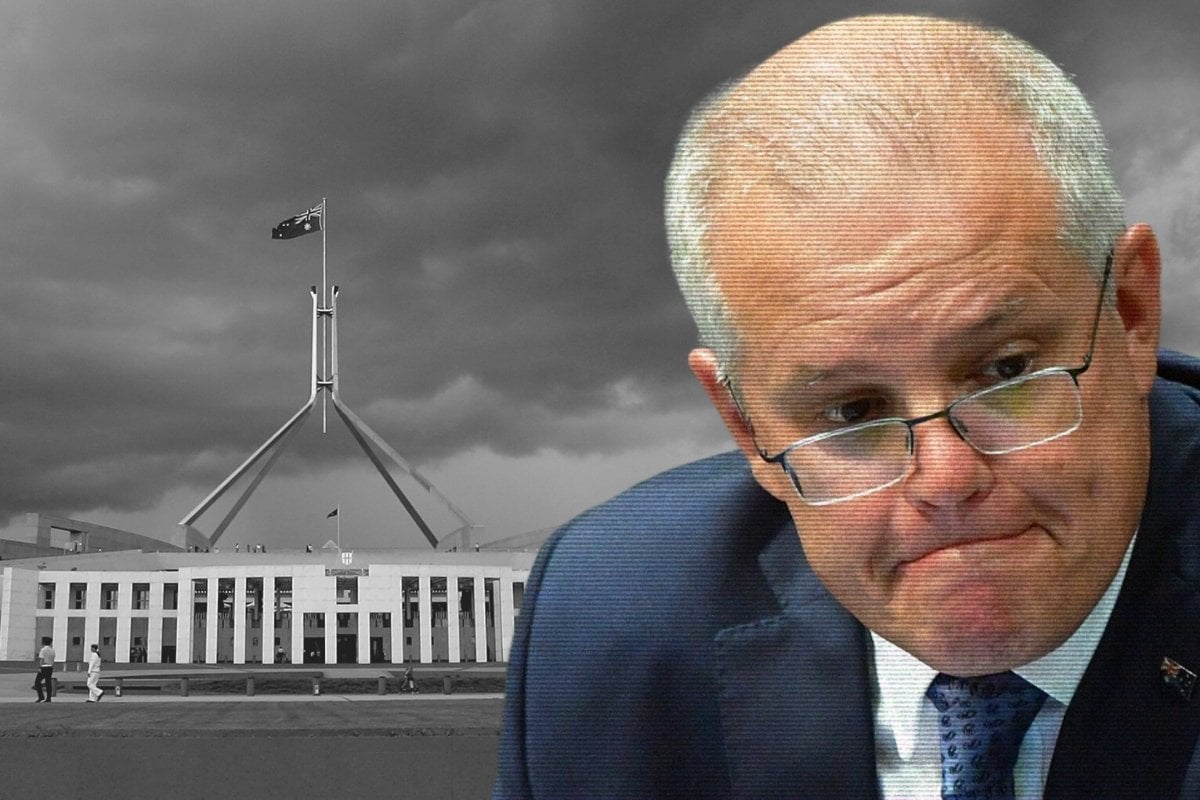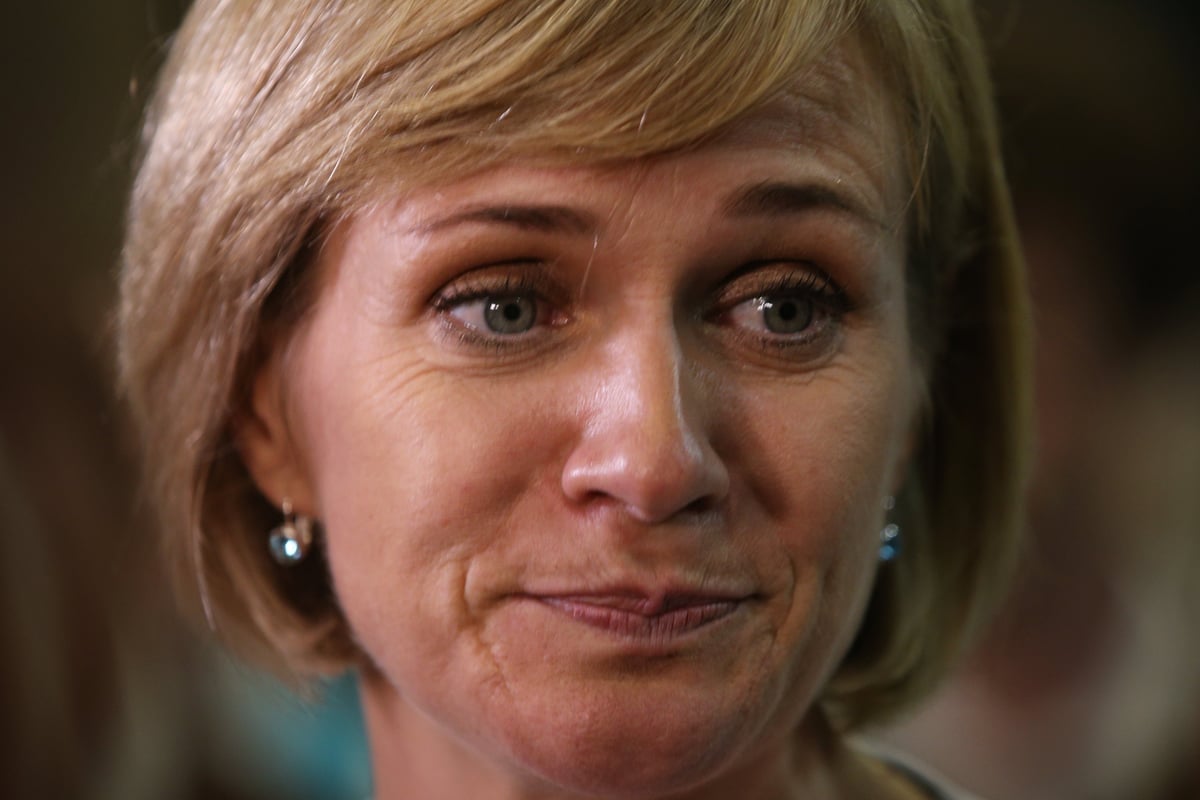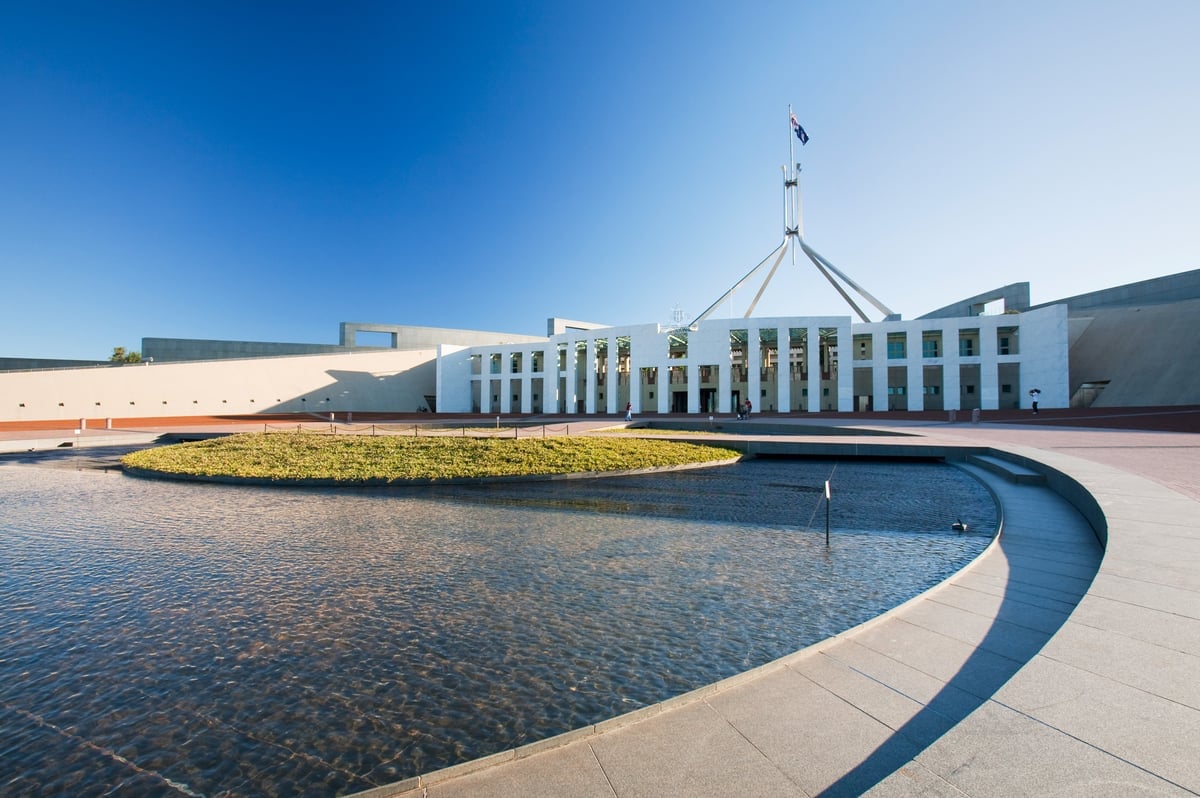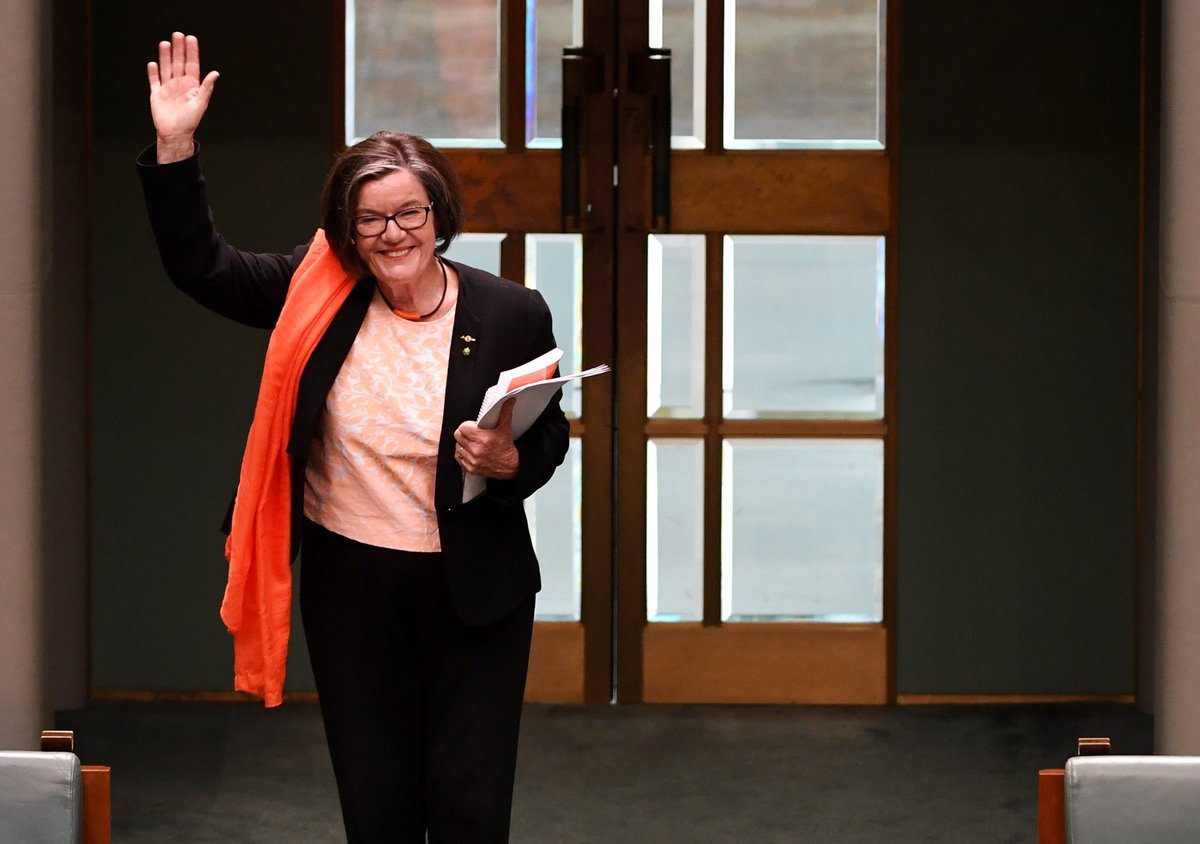
Over the last few months, the news cycle has been overwhelmed by reports of how women are treated in the corridors of Australian power.
We’ve seen the alleged rape of a woman inside an office at Parliament House turned into a conversation about politics instead of trauma.
We've heard Prime Minister Scott Morrison admit he only gained clarity on the severity of the allegations made by Brittany Higgins once his wife, Jenny, asked him to imagine his daughters at the centre of it.
We learned Higgins' boss called her a "lying cow," as we watched more and more women step forward with stories from all sides of politics.
We've seen Scott Morrison dismiss calls for an inquiry into a historical rape allegation made against one of his own cabinet ministers, Attorney-General Christian Porter.
We watched not a single member of the senior Morrison government attend the nationwide 'March 4 Justice' rallies on Monday.
And that's just the start.
Watch: Scott Morrison on Brittany Higgins' allegations. Post continues after video.
Australian women are feeling distressed, defeated and overwhelmed with despair as they look at the horror unravelling in Canberra and think, 'how do we make sure this doesn't keep happening?'





Top Comments